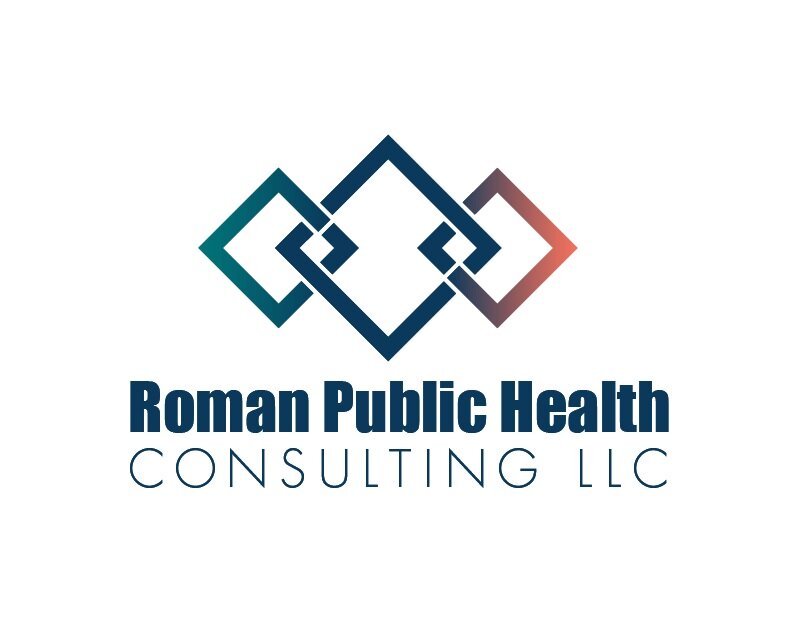Monthly Public Health Consultant Spotlight: Alison Mendoza-Walters, MPH, MBA
Each month, I will introduce you to a public health consultant or entrepreneur and they will share their path to self-employment and outline key pieces of advice for aspiring business owners.
Today we welcome Alison Mendoza-Walters, MPH, MBA from Hyattsville, MD (Washington, DC metropolitan area)!
1. Please share your educational background and business title/name.
Master of Public Health (MPH) and Master of Business Administration (MBA)
I am the CEO of Public Health Impact, LLC.
2. Tell us how you entered the field of public health and what your education and work experience was prior to consulting.
I became interested in the field of public health a couple years after completing my bachelor’s degree in Biology. After five years in the workforce, including one year in the Philippines as a community health worker program coordinator, I entered graduate school at the University of North Carolina Gillings School of Global Public Health. After receiving my MPH, I worked for five years in the research and evaluation department of a public health association where I obtained my MBA by attending evening classes.
Though my positions early in my career (laboratory research assistant, English and Spanish teacher, intake and delivery staff for a meal service for persons with life-challenging illnesses) seem unrelated to being a public health entrepreneur, each position provided me with the opportunity to develop community engagement, problem-solving, and intercultural communications skills that I use every day.
3. When did you start consulting and what were your motivations for pursuing self-employment?
I originally pursued my MBA with the hopes of becoming a senior leader at a state or local health department. During my coursework, I got bit by the entrepreneurial bug. Many of my reading assignments were case studies about why a company failed due to their blunders in employee relations, environmental protection, financial management, and/or strategic thinking. I continually thought about what I know as corporate social responsibility and the “triple bottom line” -- why corporations can’t treat their employees like human beings, the earth like something to be taken care of, do good things for communities, and make money at the same time? I wanted (perhaps a little naively) to have a company that does all those things to prove to others that it can be done! In addition, I was seeking career advancement and a job that would be highly flexible so I could prioritize my family and other personal commitments. I launched my business in 2016, just a few months before graduating from the MBA program.
4. Who is your ideal client? What services do you offer?
I help people use data to better serve their communities, promote collective impact, and spark action towards social change. I provide highly customized services tailored to each client's needs, including evaluation, needs assessments, program planning, and community engagement.
My clients are nonprofits, local governments, and others who are working to address complex health and social issues. They take a systems approach to solving problems, value authentic community engagement, and pride themselves in challenging the status quo. My ideal client is committed to advancing equity, wants to actually use data for learning and improvement (as opposed to just collecting data for a report), and understands the initial resources needed to establish data and feedback systems are well worth the investment.
5. What is your favorite type of project to work on and why?
My favorite topic areas for projects are food systems and modifying environments to promote active living (e.g., building connecting paths to trails and parks). I love good food -- even better if it’s healthy as well as tasty! I also teach people how to ride bikes as one of my side gigs and enjoy riding myself. It’s great when I get to extend my personal interests into professional projects.
More important than the topic, however, is the team I work with. My favorite projects are those that involve awesome people -- clients and stakeholders who are organized yet flexible and passionate yet practical. They pay me on time, are highly responsive, and keep their commitments. They don’t mince words when something’s not working, voice their appreciation when something exceeded their expectations, and are just generally pleasant people.
6. Many of our readers are considering a career as a self-employed public health consultant or entrepreneur. What is your best piece of advice for those considering or just starting out?
Don’t undervalue yourself! EVERY entrepreneur I have spoken to in this field about pricing low-balled themselves in the beginning. I did it too! You can’t compare consultant fees to hourly rates as an employee. It’s like comparing apples to alligators. The things one must consider for setting consultant fees and employee wages are completely different. For example, the time you spend at networking events, managing finances, searching and responding to RFPs/bids/prospects, and managing communications are just a few factors you must consider in consultant fees that are not necessarily applicable to calculating employee wages.
7. How can readers connect with you? Please share links to relevant websites and social media accounts:
Readers can connect with me on my website, blog, online scheduling system, LinkedIn, and Twitter.

